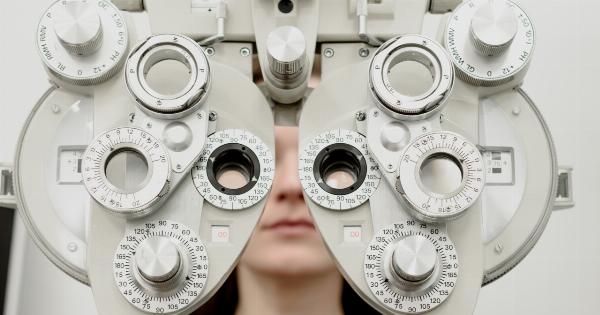Non-affiliated medical centers can cause confusion for patients when it comes to insurance coverage and costs.
In this guide, we’ll explore when and how non-affiliated medical centers are covered by insurance to help you make informed decisions about your healthcare options.
What is a Non-Affiliated Medical Center?
A non-affiliated medical center is a medical facility that does not have a contractual agreement with a specific insurance company.
This means that they do not have a set fee schedule and are not required to accept insurance payments at a negotiated rate. Patients may be responsible for the full cost of treatment at a non-affiliated medical center.
When are Non-Affiliated Medical Centers Covered?
In some cases, insurance plans may cover non-affiliated medical centers if the treatment is deemed medically necessary and there are no in-network providers available. This is known as out-of-network coverage.
However, patients may be responsible for a higher percentage of the cost and may need to meet a higher deductible before insurance coverage kicks in.
How to Determine Coverage for Non-Affiliated Medical Centers
Before receiving treatment at a non-affiliated medical center, it’s important to determine if your insurance plan covers out-of-network treatment.
You can do this by checking your plan’s healthcare provider directory or by contacting your insurance provider directly. If out-of-network coverage is available, be sure to inquire about any cost-sharing requirements and potential out-of-pocket expenses.
Negotiating Costs with Non-Affiliated Medical Centers
Patients may attempt to negotiate costs with non-affiliated medical centers in order to reduce out-of-pocket expenses. This may involve asking the medical center to bill insurance directly or offer a discount for paying directly.
However, it’s important to note that non-affiliated medical centers are not obligated to negotiate costs.
When to Consider Non-Affiliated Medical Centers
There may be situations where a non-affiliated medical center is the best option for treatment. This may be the case if there are no in-network providers available or if the non-affiliated medical center has specialized expertise in a particular field.
Patients should weigh the potential costs and benefits of receiving treatment at a non-affiliated medical center before making a decision.
The Importance of Pre-Authorization
Pre-authorization is a process where insurance companies review and approve treatments before they are received. Many insurance plans require pre-authorization for out-of-network treatment in order to ensure coverage.
Patients should check with their insurance provider to determine if pre-authorization is required before receiving treatment at a non-affiliated medical center.
Appealing Denials for Non-Affiliated Medical Centers
If an insurance provider denies coverage for treatment received at a non-affiliated medical center, patients can appeal the decision. This may involve providing additional documentation or seeking assistance from a medical billing advocate.
Patients should be prepared to advocate for themselves and provide evidence that the treatment was medically necessary.
Conclusion
Non-affiliated medical centers can provide valuable treatment options, but it’s important for patients to understand their insurance coverage and potential costs.
Patients should consider if the benefits of treatment at a non-affiliated medical center outweigh the potential out-of-pocket expenses. By being informed and proactive, patients can make informed decisions about their healthcare options.






















